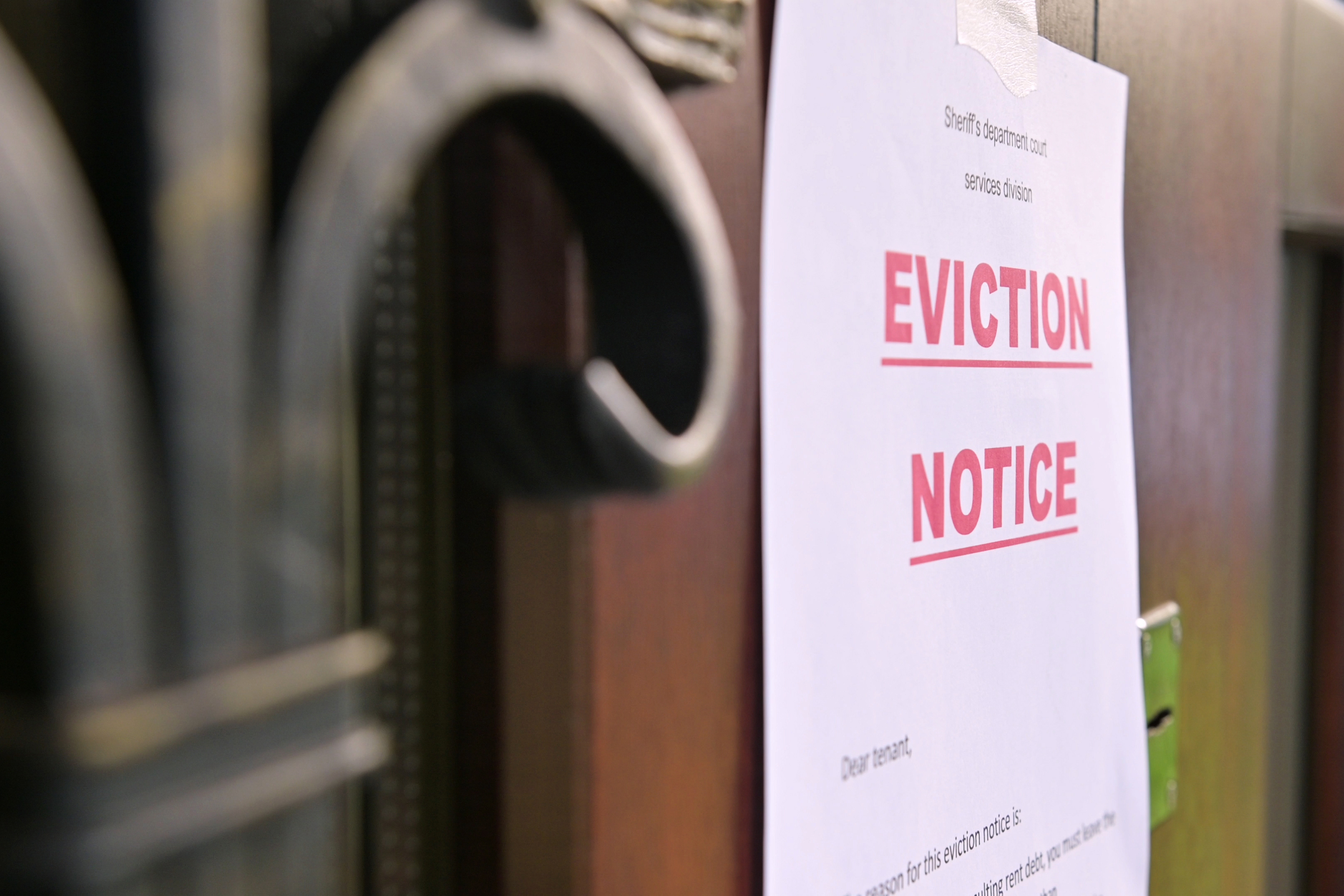News
Richmond has declared a housing crisis. What does this mean for renters in the region?

by Mary Kate Brogan
On April 10, Richmond City Council adopted a resolution declaring a housing crisis in a city with one of America’s highest eviction rates.
Kathryn Howell, Ph.D., and Benjamin Teresa, Ph.D., study housing instability in Richmond and the region. They are associate professors of urban and regional studies and planning at Virginia Commonwealth University, and they co-direct the RVA Eviction Lab in the L. Douglas Wilder School of Government and Public Affairs.
In 2016, five of the 10 American cities with the highest eviction rates were in Virginia. From early 2020 to early 2022, eviction filings and judgments in Virginia decreased approximately 350% due to coordinated and rapid federal rent-relief funding during the pandemic, according to RVA Eviction Lab data.
Pandemic eviction protections expired in 2022, and after Richmond declared a housing crisis this week, Howell and Teresa talked jointly to VCU News about the state of housing instability in Central Virginia.
According to Richmond officials, “86% of extremely low-income renters in Virginia are paying more than 30% of their income on housing costs,” and — per the RVA Eviction Lab’s most recent report — 60% of Virginia renters saw rent increases in 2023. How might this impact housing instability and evictions in the region?
Howell and Teresa: The region has had a long-standing housing instability crisis. Since at least 2000, our eviction rate has exceeded 11%, and we have been steadily losing subsidized and unsubsidized affordable housing through conversion, sale, demolition and poor conditions. Without a significant local investment in affordable housing, it is hard to imagine this trend will not continue.
What recent trends do you expect to continue heading into summer?
We’re coming out of pandemic-era protections and assistance and returning to the norm of 2019 and before. We did not address any structural issues before the pandemic, and so there is little to suggest that there will be a change.
What could address housing instability and support renters in Richmond?
"Since at least 2000, our eviction rate has exceeded 11%, and we have been steadily losing subsidized and unsubsidized affordable housing through conversion, sale, demolition and poor conditions. Without a significant local investment in affordable housing, it is hard to imagine this trend will not continue." - Kate Howell and Ben Teresa
There are many opportunities and approaches that the city can take, and some of them will require authorization from state legislature, which is why it’s also important for leaders across Virginia’s local governments to coordinate action in this area. For example, local governments may want additional flexibility in their property tax system, the regulatory power to create rental registries that provide critical information about the housing stock and how it is being managed, and the power to limit rent increases beyond increasing cost of providing housing.
While there has been discussion of a $20 million investment in affordable housing production, we need to think beyond just the funding.
With the right tools, funding and a proactive orientation, the city can find and act on opportunities to expand affordable housing. For example, in 2022, a well-known property owner sold their portfolio of apartments — home to many low- and moderate-income households — for the equivalent of $55,000 per unit. This represented a critical opportunity, but Richmond did not have the financial or policy tools to do it. We have to be creative and flexible and build in policy and funding that support that flexibility.
This story originally appeared on VCU News.